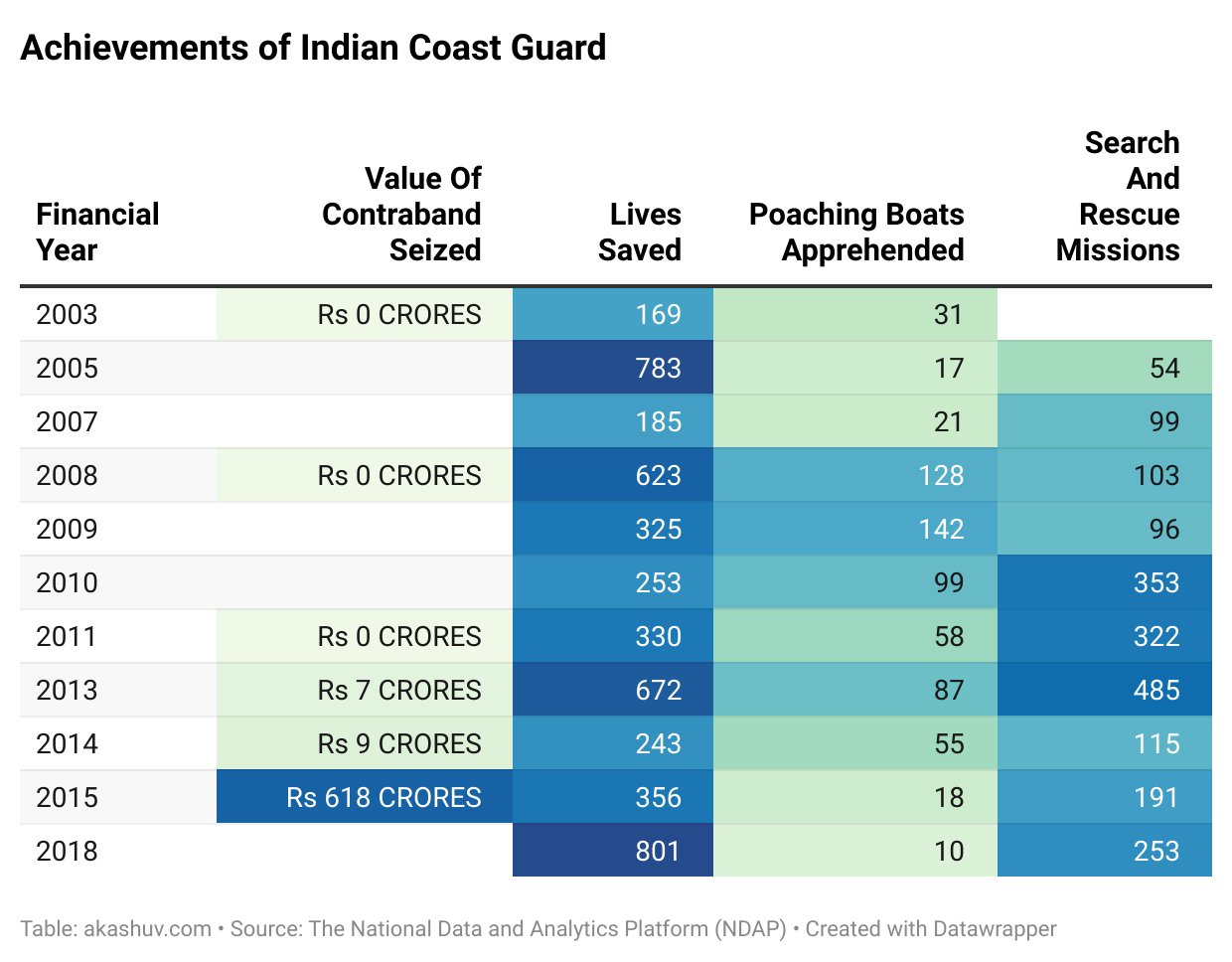Learn how to explore career opportunities abroad with practical tips on networking, resume building, and acing interviews.
Networking Strategies
Networking is an indispensable tool in the job search process, especially when aiming for opportunities abroad. A strong professional network helps you access valuable resources, industry insights, and potential job openings. Here’s how to build an effective network:
- Leverage Alumni Networks: Many universities have alumni networks, and these are often underutilized. Reach out to alumni from your institution who are working abroad or have worked in the countries you’re targeting. These connections can offer advice, referrals, and even direct job leads. Many universities also host alumni events or have platforms where alumni post job opportunities. Use these events as an opportunity to make connections and seek guidance from people who understand the challenges of working abroad.
- Online Professional Platforms: LinkedIn is a powerful tool for professional networking. Ensure your profile is complete, up to date, and tailored to the global job market. Include your educational background, internships, skills, and any relevant experience, especially if you’ve had exposure to international practices. Engage with professionals in your field by following relevant companies, joining groups, and participating in discussions.
- Attend Job Fairs and Webinars: Many international organizations and embassies hold job fairs, webinars, and seminars where you can meet recruiters, learn about hiring trends, and discover job openings. These events are a great opportunity to get firsthand information about work opportunities in various countries. Look for virtual and in-person events hosted by organizations such as the Indian Embassy, educational institutions, and multinational companies. Websites like Naukri and LinkedIn Jobs also feature global job fairs.
- Use Social Media Effectively: In addition to LinkedIn, other social media platforms like Twitter, Facebook, and Instagram can be useful for networking. Follow the pages of international companies you’re interested in working for, and engage with their posts. Social media channels also often share job openings that are not posted on traditional job boards.
- Seek Mentorship: Mentorship can be invaluable when pursuing opportunities abroad. Seek mentors who have experience in your field and have worked internationally. Mentors can guide you through the job search process, help you refine your strategies, and share industry-specific knowledge. They may also introduce you to key contacts that could enhance your job prospects.
Resume Building Tips
Your resume is the first impression you make on potential employers, so it’s crucial to ensure it meets international standards. Here are some essential resume building tips:
- Use a Clean, Professional Format: Most employers abroad prefer a straightforward, clean resume format. Use clear headings, bullet points, and avoid overuse of graphics or complex design elements. Focus on making your resume easy to read and navigate. You can use templates available on websites like Canva or Resumake for professional-looking resumes.
- Highlight Relevant Skills and Experience: Tailor your resume to the job you’re applying for. Emphasize skills, experience, and achievements that align with the role. Include your educational background, internships, volunteer work, and any relevant skills. If you’ve worked with international teams, highlight that experience to demonstrate your global outlook.
- Quantify Your Achievements: Whenever possible, quantify your accomplishments with numbers or statistics. For example, if you managed a team, mention how many people you supervised. If you were involved in a project, state the impact it had—whether it increased sales, improved efficiency, or led to cost savings. Numbers give your resume credibility and make it stand out.
- Follow Country-Specific Resume Guidelines: Different countries may have unique expectations for resumes. For example, in the USA and Canada, resumes are typically one page long, while in the UK, a two-page CV might be acceptable. Always research the resume format that is preferred in the country where you’re applying. You can find this information on websites like Careerjet or Prospects.ac.uk.
- Include International Certifications: If you’ve completed any certifications or courses that are recognized internationally, make sure to include them. Websites like Coursera, edX, and LinkedIn Learning offer numerous globally recognized certifications in various fields. These certifications can add significant value to your resume.
- Keep it Concise: Employers abroad often have limited time to review resumes. Keep your resume to a maximum of two pages, unless your experience is extensive enough to warrant more. Be concise and avoid irrelevant information. For instance, you do not need to list personal details like your age or marital status, which might be standard in some countries but unnecessary in others.
Interview Preparation
Once your resume has caught the attention of potential employers, you’ll need to prepare for interviews. Interviewing for jobs abroad requires a slightly different approach, as you need to navigate cultural nuances while presenting your skills and experience effectively. Here are a few tips to help you prepare:
- Research the Company and Industry: Familiarize yourself with the company’s values, products, services, and industry trends. Demonstrating knowledge about the company’s history and goals shows that you are genuinely interested in working there. Look at their official website, LinkedIn profile, and recent news articles to stay informed.
- Understand the Cultural Differences: Each country has its own unique culture and communication style. In some countries, a formal interview style is preferred, while others might lean toward a more relaxed and conversational approach. Research the interview norms in the country you’re applying to. For example, in the USA, employers expect candidates to be direct and assertive, while in Japan, showing humility is key.
- Prepare for Common Interview Questions: Certain questions are commonly asked in interviews worldwide, such as:
- Tell me about yourself.
- Why do you want to work here?
- What are your strengths and weaknesses?
- Where do you see yourself in five years?
- Can you explain any gaps in your employment history?
- Prepare for Behavioral Interviews: Many companies use behavioral interviews to assess how you’ve handled situations in the past and how you will handle similar scenarios in the future. Prepare for these by using the STAR method (Situation, Task, Action, Result) to structure your answers. For example, if you’re asked about a time when you resolved a conflict, you could structure your response as follows:
- Situation: Describe the context or challenge you faced.
- Task: Explain what needed to be done.
- Action: Detail the steps you took to resolve the issue.
- Result: Share the positive outcome of your actions.
- Ask the Right Questions: At the end of the interview, you’ll typically be asked if you have any questions. Take this opportunity to ask insightful questions about the company, team, or role. This shows that you are proactive and genuinely interested in the position. Some examples of questions you could ask include:
- What does a typical day look like in this role?
- What are the challenges the team is currently facing?
- How does the company support professional development and growth?
- What is the next step in the interview process?
Conclusion
Finding job opportunities abroad as an Indian student is an exciting and challenging journey. By utilizing effective networking strategies, building a strong resume tailored to international standards, and preparing thoroughly for interviews, you can increase your chances of landing your dream job abroad. With determination and the right strategies, you’ll be able to take advantage of the global job market and kick-start your international career.











Leave a Reply